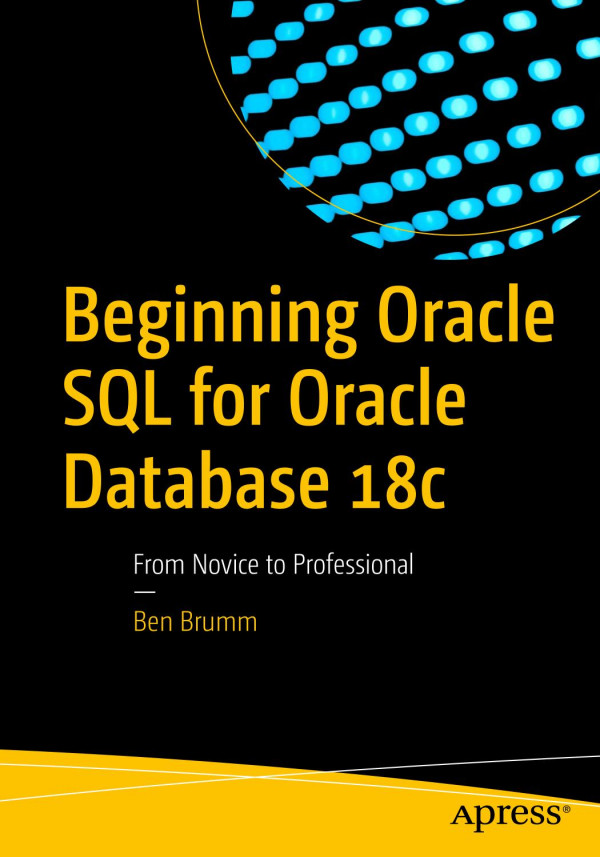

Most ebook files are in PDF format, so you can easily read them using various software such as Foxit Reader or directly on the Google Chrome browser.
Some ebook files are released by publishers in other formats such as .awz, .mobi, .epub, .fb2, etc. You may need to install specific software to read these formats on mobile/PC, such as Calibre.
Please read the tutorial at this link: https://ebookbell.com/faq
We offer FREE conversion to the popular formats you request; however, this may take some time. Therefore, right after payment, please email us, and we will try to provide the service as quickly as possible.
For some exceptional file formats or broken links (if any), please refrain from opening any disputes. Instead, email us first, and we will try to assist within a maximum of 6 hours.
EbookBell Team

5.0
30 reviewsStart developing with Oracle SQL. This book is a one-stop introduction to everything you need to know about getting started developing an Oracle Database. You'll learn about foundational concepts, setting up a simple schema, adding data, reading data from the database, and making changes. No experience with databases is required to get started. Examples in the book are built around Oracle Live SQL, a freely available, online sandbox for practicing and experimenting with SQL statements, and Oracle Express Edition, a free version of Oracle Database that is available for download.
A marquee feature of Beginning Oracle SQL for Oracle Database 18c is the small chapter size. Content is divided into easily digestible chunks that can be read and practiced in very short intervals of time, making this the ideal book for a busy professional to learn from. Even just a 15-20 minute block of free time can be put to good use.
Author Ben Brumm begins by helping you understand what a database is, and getting you set up with a sandbox in which to practice the SQL that you are learning. From there, easily digestible chapters cover, point-by-point, the different aspects of writing queries to get data out of a database. You’ll also learn about creating tables and getting data into the database. Crucial topics such as working with nulls and writing analytic queries are given the attention they deserve, helping you to avoid pitfalls when writing queries for production use.
What You'll Learn